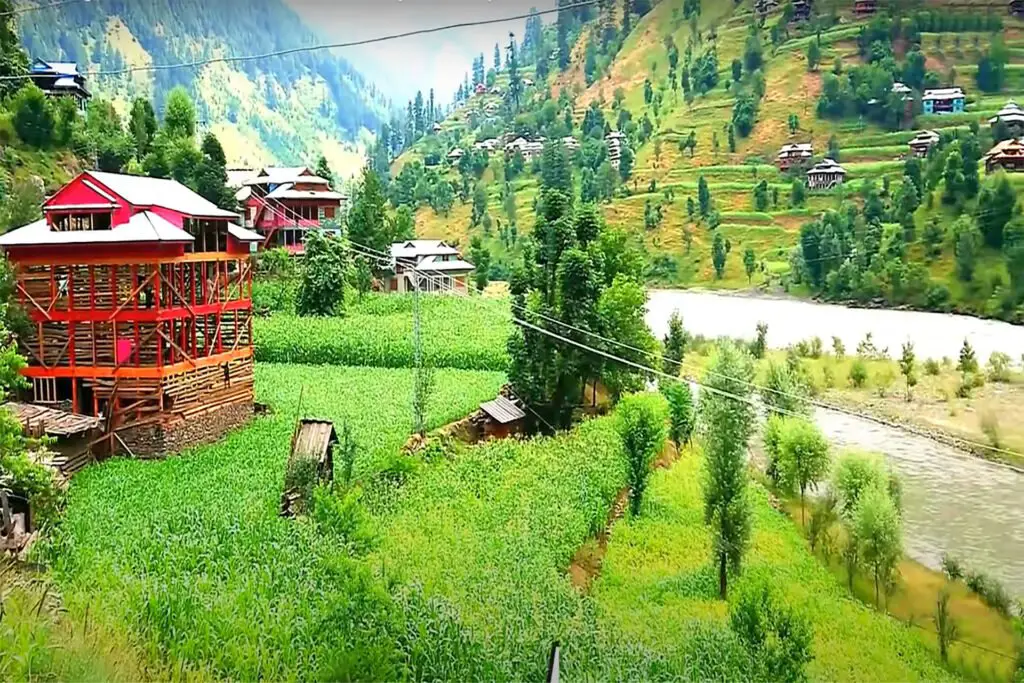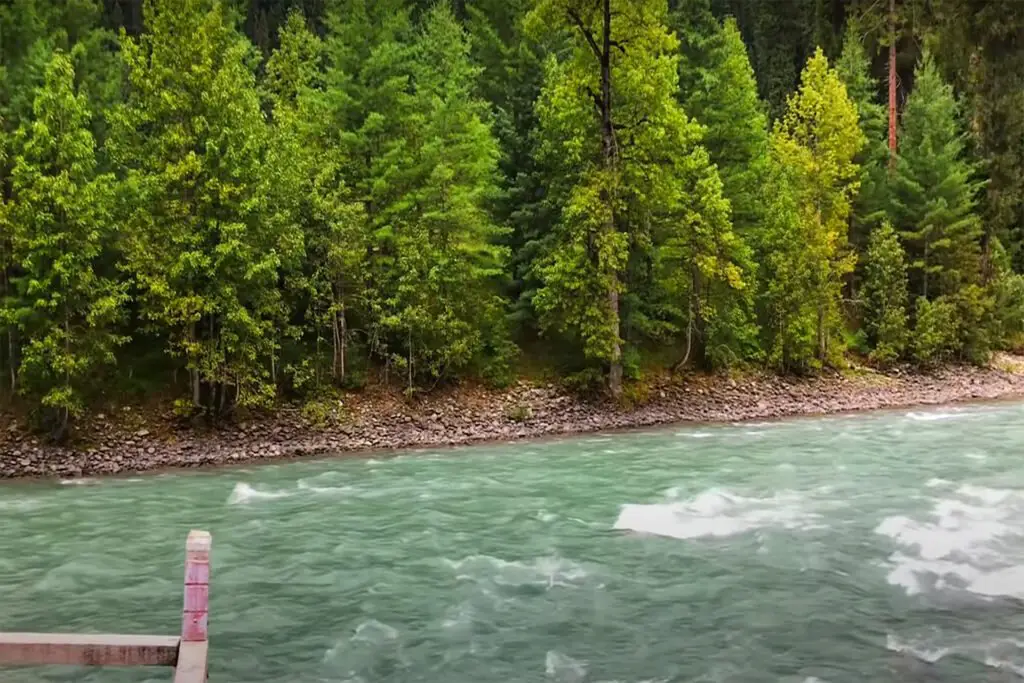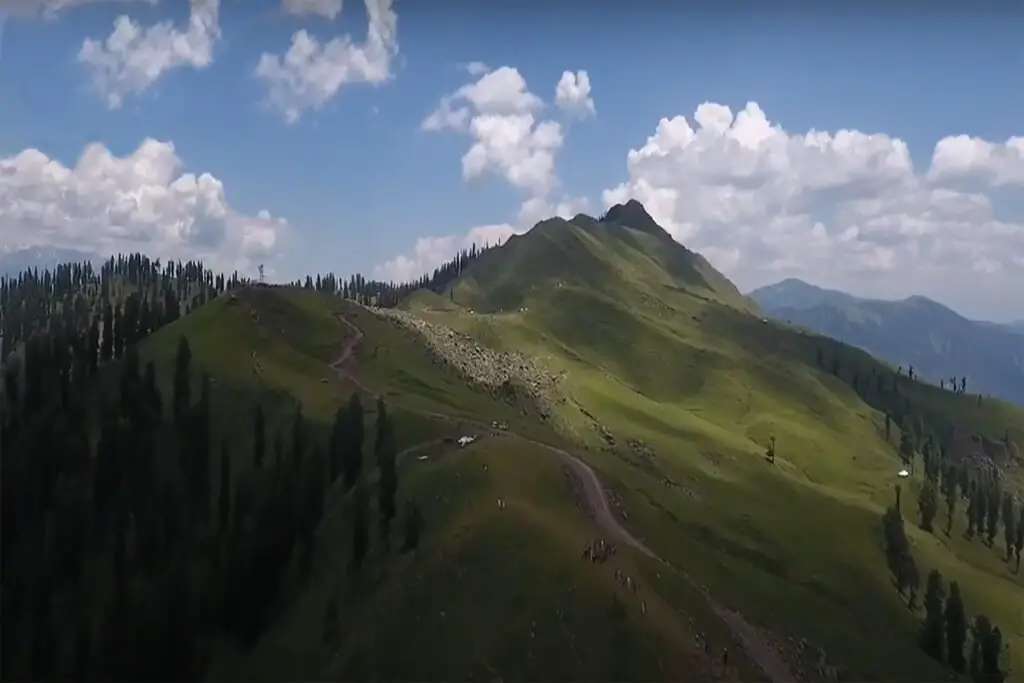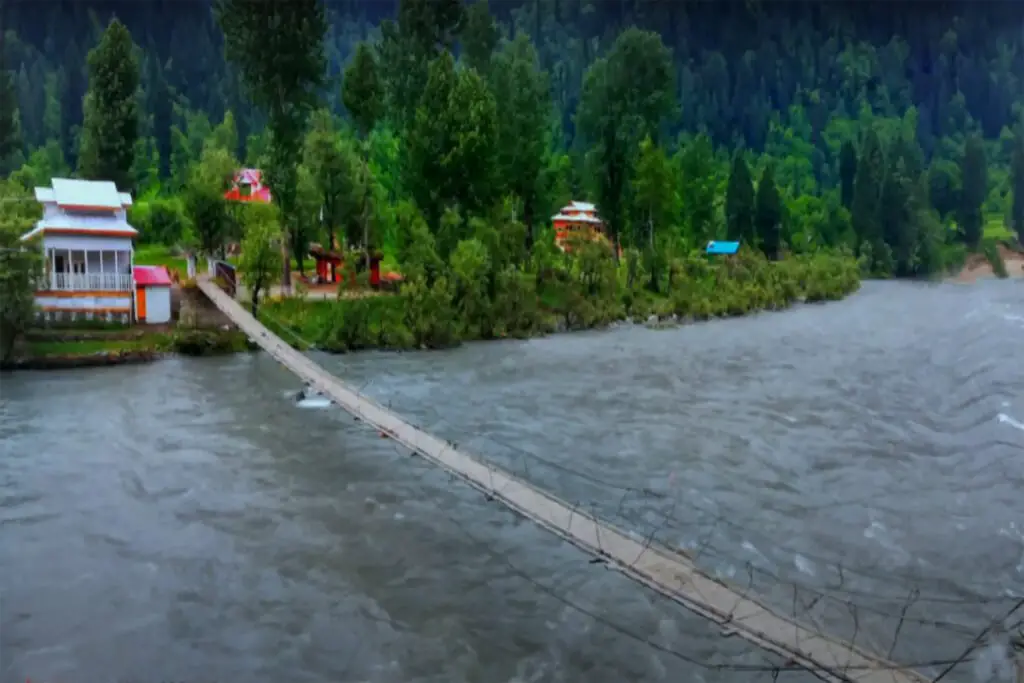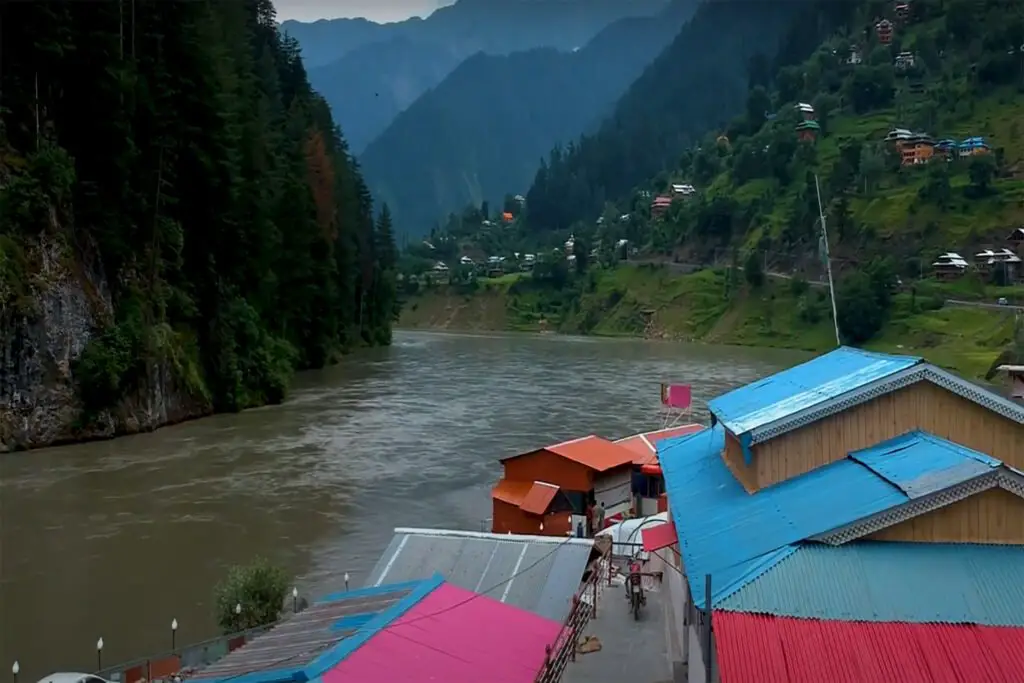Askole is a remote village in Pakistan that lies at the base of the Karakoram Range, and it’s the last stop for trekkers and mountaineers on their way to the famous K2, the second highest mountain in the world. This small village with a population of only a few hundred people has become a vital hub for all those who aim to summit the world’s most challenging peaks.
Location of Askole
Askole, Askoli, or Askoly is a town in Shigar Valley of Gilgit Baltistan region of Pakistan. Askole Village is located in a remote area of Mighty Karakoram mountains around 3040 meters above sea level.
Town of Askole is the gateway to four of the world’s 14 highest mountains or Eight-thousanders (above 8,000m), and is the main platform for all the expeditions to K2, Broad Peak and other famous mountains of the region.
Askole Altitude
The village is situated at an altitude of 3,048 meters (10,000 feet) and is only accessible by foot or helicopter. It’s located in the Gilgit-Baltistan region of Pakistan, which is known for its dramatic mountain landscapes, glaciers, and traditional mountain communities.
The Importance of Askole for Climbers
Askole is the last village on the trekking route to K2, and it serves as a gateway to other peaks in the region. Climbers usually spend a few days in Askole to acclimatize to the high altitude and prepare for the arduous trek ahead. The village provides a variety of services, including porters, cooks, and guides who help climbers carry their gear and supplies to the base camp.
The porters of the area are renowned for their strength and endurance. They can carry loads of up to 25 kilograms (55 pounds) on their backs, covering the rugged terrain with ease. Without their help, it would be impossible for climbers to reach the base camp with all their necessary equipment.
Besides porters, Askole also has small shops that sell essential items like food, fuel, and equipment. Trekkers and climbers can purchase necessary supplies in the village before embarking on their journey. There are also a few basic lodges in the village that provide accommodation for climbers and trekkers.
The Local Community of Askole Village
The people of Askole belong to the Balti ethnic group, who have inhabited the region for centuries. They have a rich cultural heritage and a unique way of life that is deeply rooted in the mountains. The village is a close-knit community where people have a strong sense of belonging.
The Balti people are known for their hospitality and warmth. They welcome visitors with open arms and are always willing to help. Despite the harsh living conditions in the mountains, they have learned to adapt and thrive in this environment. They have a deep respect for nature and believe in living in harmony with it.
The Challenges of Living in Askole
Life in Askole is not easy. The village is cut off from the rest of the world for most of the year, and the people face many challenges. They have to contend with harsh weather conditions, including extreme cold, snow, and avalanches. The terrain is rugged and treacherous, and landslides are a frequent occurrence. The lack of basic amenities like electricity, running water, and healthcare facilities makes life even more challenging.
Despite these challenges, the people of Askole have a strong sense of community and are resilient in the face of adversity. They have learned to live off the land and are self-sufficient in many ways. They practice subsistence agriculture and keep livestock like yaks, cows, and goats. They also trade with neighboring villages for essential supplies.
The Future of Askole
Askole is facing many changes and challenges in the modern world. With the rise of tourism and mountaineering, the village is becoming more connected to the outside world. This has brought many benefits, such as increased economic opportunities and better access to basic amenities. However, it has also brought many challenges, such as environmental degradation, cultural erosion, and social upheaval.
The local community is aware of these challenges and is working to address them. They are taking steps to promote sustainable tourism and preserve their cultural heritage.


